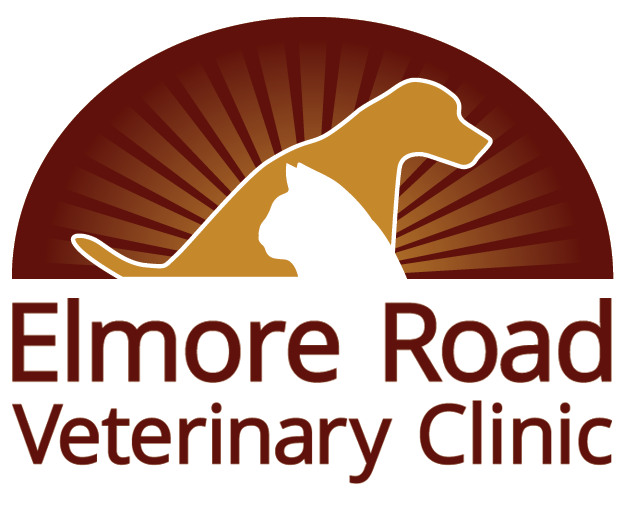Home and Garden Toxins for Pets
Pets have a natural curiosity that is typically endearing. Mix that with easy access to unknown dangers around your home, and you can have a recipe for disaster. Pet owners do their best to keep pets safe, but unknown health hazards can be overlooked. By knowing which household items pose a danger to your pet, you can help her live a long, healthy life.

Human medications
Prescription and over-the-counter human medications have a tendency to be toxic when ingested by pets. Pain medications, antidepressants, heart medications, and cold medicines are common causes of toxicity. Keep all medications in sealed containers and stored out of the reach of your pet. Unless under the direct advice of your veterinarian, never medicate your pet with a human medication.

Pet medications
Even pet-approved prescriptions can be harmful if not given as directed. Follow dosing and administration guidelines carefully to prevent toxic effects ranging from diarrhea to seizures. Flea and tick preventive products, in particular, have the potential to be fatal when administered incorrectly. Compounds created specifically for dogs are highly toxic to cats, often leading to seizures and death. Always use these products according to the label and for the intended species under the care of our veterinarians.
 Rodenticides
Rodenticides
Rodenticides are designed to tempt mice, rats, and other rodents into eating them. Unfortunately, they can also attract pet dogs and cats. If these products are used, they must be made inaccessible to pets, as ingesting them can lead to fatal consequences. There are a variety of different rodenticides, which target rodents in different ways:
- Neurotoxins poison the central nervous system
- Anticoagulants prevent blood from clotting, leading to death from blood loss
- Others cause minerals to build up in vital structures, which can lead to organ failure
Rodenticides may cause no obvious effects when ingested, but toxicity becomes apparent within hours. Once clinical signs are present, treatment attempts may be futile. If you suspect your pet has ingested a rodenticide, call us immediately.
Insecticides and herbicides
Products used in and around your lawn and garden, such as herbicides and insecticides, can be harmful to your pet. Even if you do not use these products, neighbors and parks may, so recognizing the signs of toxicity can be important to your pet’s health. Not all chemicals produce the same symptoms, but possible side effects include decreased appetite, tremors, seizures, muscle weakness, and other neurological symptoms.

Foods
Sneaking nibbles of food to your pet may seem harmless, but some foods are toxic to dogs and cats. Food items that should never be fed to your pet include:
- Onions
- Garlic
- Raisins and grapes
- Products with caffeine
- Chocolate
- Xylitol, an artificial sweetener often found in sugar free gum
These foods can cause symptoms ranging from vomiting and diarrhea to kidney failure.

Household cleaners
Bleach, ammonia, and chlorine are ingredients found in many household cleaning products. If ingested in small amounts, gastrointestinal problems may result. Concentrated products, such as toilet bowl cleaners, pose a greater risk, so keep your pet from drinking out of the toilet. Products that contain ammonia and chlorine can cause irritation to your pet’s respiratory tract, skin, and eyes if exposure occurs. Read and follow label instructions to know what products are safe to use around pets.

Antifreeze
Ethylene glycol is the main component of most antifreeze products available. This chemical is odorless but has a sweet taste, making it tempting to dogs and cats. When ingested, even in small amounts, it has the potential to be lethal. An average cat can be killed by as little as a teaspoon, while five ounces can do the same to a 75-pound dog. The effects of ethylene glycol can be reversed if medications are administered within hours of ingestion, but lifelong kidney damage often results. Keep products containing ethylene glycol stored securely out of reach of pets, or—better yet—choose pet-safe types of antifreeze that don’t contain this toxic ingredient. Watch for spills or leaks where vehicles are parked, and clean them up immediately.
The ASPCA website describes dozens of foods, medications, plants, and common household products that have the potential to be toxic. Familiarize yourself with this list to broaden your awareness to potential dangers.
Questions about household and garden toxins? Contact our veterinary team today.


